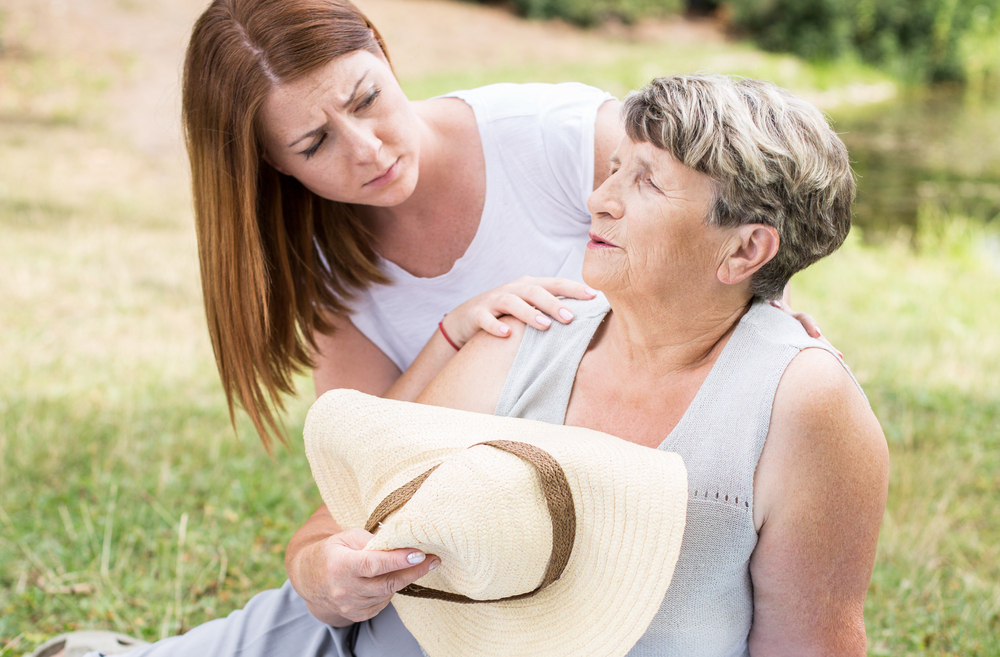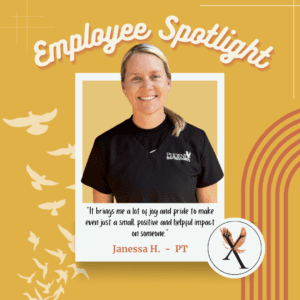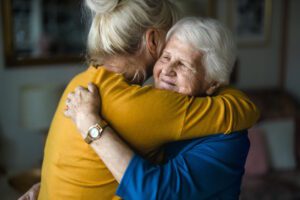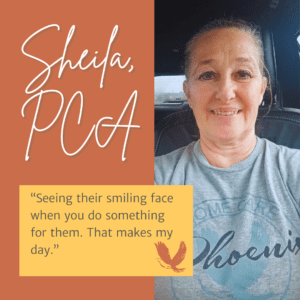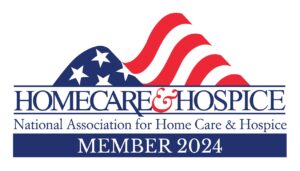Older people can have a hard time coping with heat and humidity. Indoor or outdoor temperatures nearing 100 ° F put them at risk for heat-related illnesses. Today’s blog from Phoenix Home Care & Hospice outlines signs of heat-related illnesses to watch for in your senior relative.
Why do heat-related illnesses occur in seniors?
Older people living in houses or apartments without air conditioning or fans face a higher risk of heat-related illnesses. People who are dehydrated or suffering from chronic diseases or alcoholism are also at higher risk. Watch out for signs and symptoms of heat exhaustion or heat stroke in seniors, something our trained staff at Phoenix Home Care & Hospice can recognize.
What is heat exhaustion?
There are two major heat-related illnesses to keep an eye on: heat exhaustion and heat stroke. Heat exhaustion is the lesser of the two problems, although neither are good for seniors because older people have trouble recovering from these illnesses.
Signs of heat exhaustion include:
- Heavy sweating
- Cold, clammy, pale skin
- Nausea or vomiting
- Dizziness
- Confusion
- Headache
- Fainting
- Fast, weak pulse
To reduce these symptoms, you need to take quick action. Loosen your clothing, move to a cool place, and sip some water. Put cool, damp cloths on your skin or take a cool bath once you get indoors.
If these things don’t make your body cool off, go to the emergency room if you throw up, symptoms get worse, or symptoms last more than 1 hour.
What is heat stroke?
Heat stroke is much more serious, because it happens when your body cannot cool itself down naturally. If you have a heat stroke, you should seek medical help immediately. It’s crucial to be informed and on high alert for signs of this heat-related illness.
Signs of heat stroke include:
- Fainting (may be the first sign) or loss of consciousness
- Changes in behavior, like confusion, agitation, staggering, bad mood, or abnormal behavior
- Body temperature higher than 104 °F (40 °C)
- Dry skin
- Flushing
- Strong, fast pulse or slow, weak pulse
How do I prevent heat-related illnesses?
To prevent overheating from becoming a more serious heat-related illness, consider the following:
- Keep away from the sun and go to a cool place, such as an air conditioned building.
- Drink liquids, but avoid alcohol and caffeine. Water and fruit or vegetable juice are good choices.
- Shower or bathe in cold water or wipe yourself with a sponge.
- Lie down and rest in the shade.
- If you cannot cool down quickly, go to the emergency room.
How often should I check on my senior loved one?
In hot climates, consider visiting older relatives and neighbors every day. Remind them to drink plenty of water or juice, as long as their doctor makes no other recommendations due to pre-existing conditions. If there is a heat wave, take the initiative to help them go to cool places, such as air-conditioned shopping malls, libraries, or senior centers. Professionals like those at Phoenix Home Care can assist in providing care to those who may need the extra eye on them this summer.

